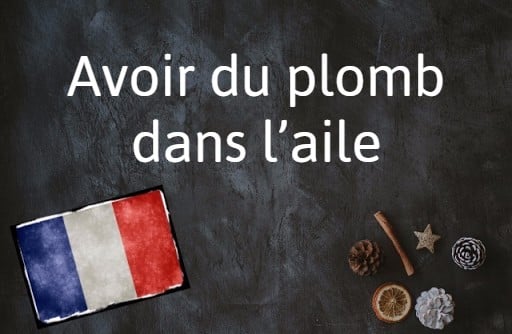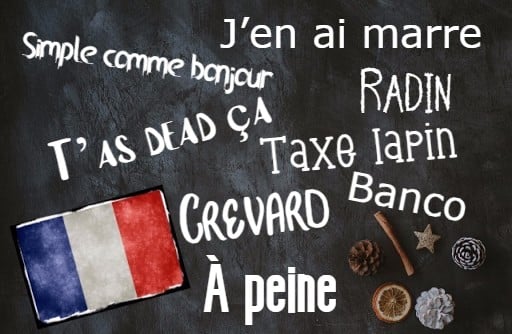Why do I need to know avoir du plomb dans l’aile?
Because it’s an evocative way of describing something that’s not doing too well.
What does it mean?
This French expression literally means “to have lead in your wings”, and is meant to conjure the image of an injured bird which is not able to fully use its wings. It’s possible that the lead refers to a hunter’s buckshot, because it’s pretty difficult to operate at full capacity after being shot.
By extension, the phrase has come to refer to anything, or anyone, which is weakened, and in a bad state of health.
It’s often used to describe a project which has hit a roadblock and is now in doubt, or a group, trend, or business sector which is going through a difficult time. But the possibilities are endless – it can even extend to rumours, if they have recently become less likely.
If you want to focus on the point where things turned for the worse, you can replace avoir with prendre (to take), so the phrase becomes “to get lead in the wings”.
For example : La rumeur Zidane au PSG a pris du plomb dans l’aile ce weekend – The rumour of Zidane going to PSG took a hit this weekend.
Use it like this
Depuis le début de la pandémie, la restauration a du plomb dans l’aile – The restaurant business has been in bad shape since the beginning of the pandemic
Le projet de construction d’une nouvelle autoroute a du plomb dans l’aile – The project to build a new motorway has hit a roadblock
Les relations entre la France et le Royaume-Uni ont du plomb dans l’aile – Relations between France and the UK are difficult



 Please whitelist us to continue reading.
Please whitelist us to continue reading.
I really enjoy your word/phrase of the day – as I am learning french it would be very useful to have pronunciation guide.